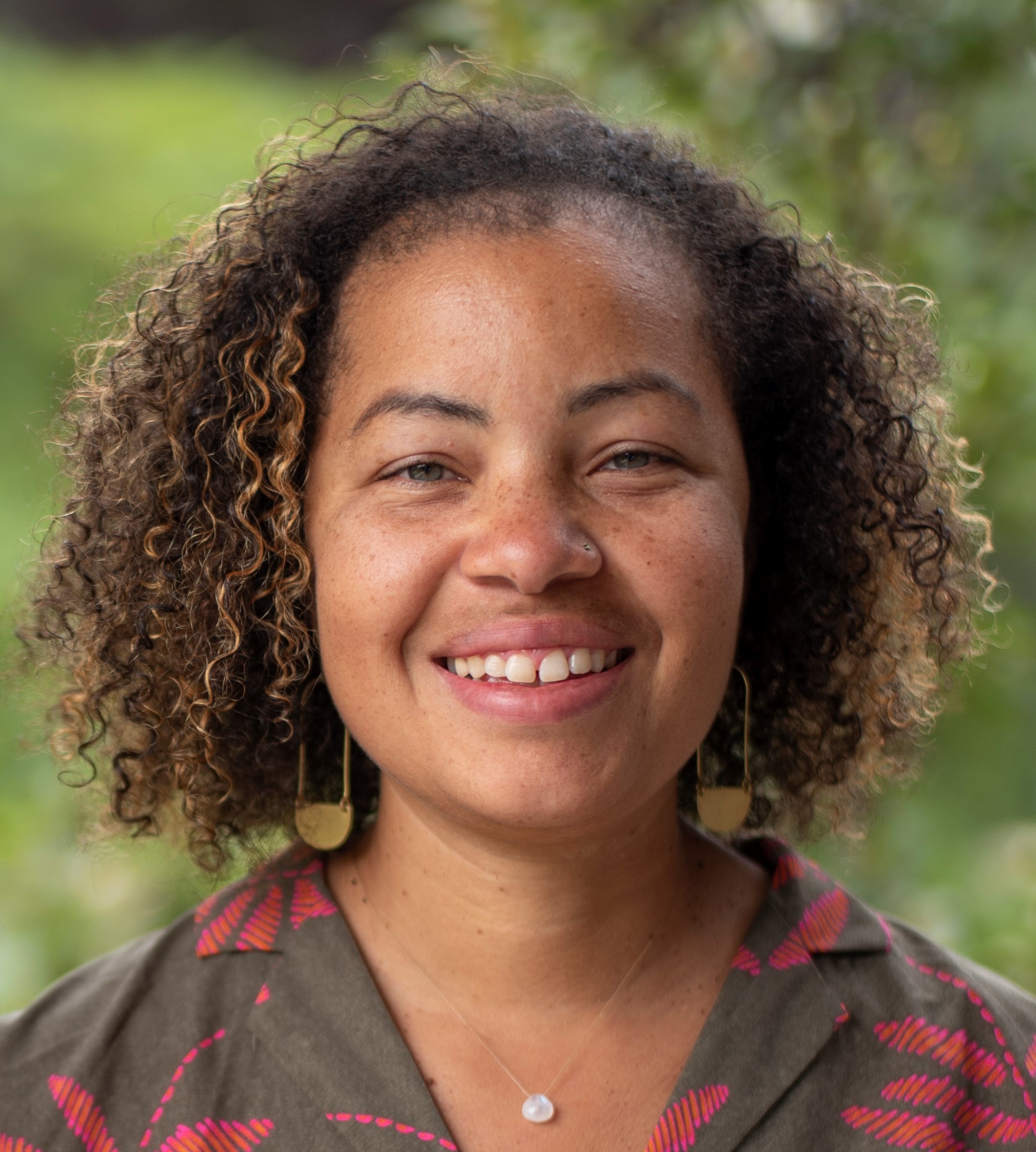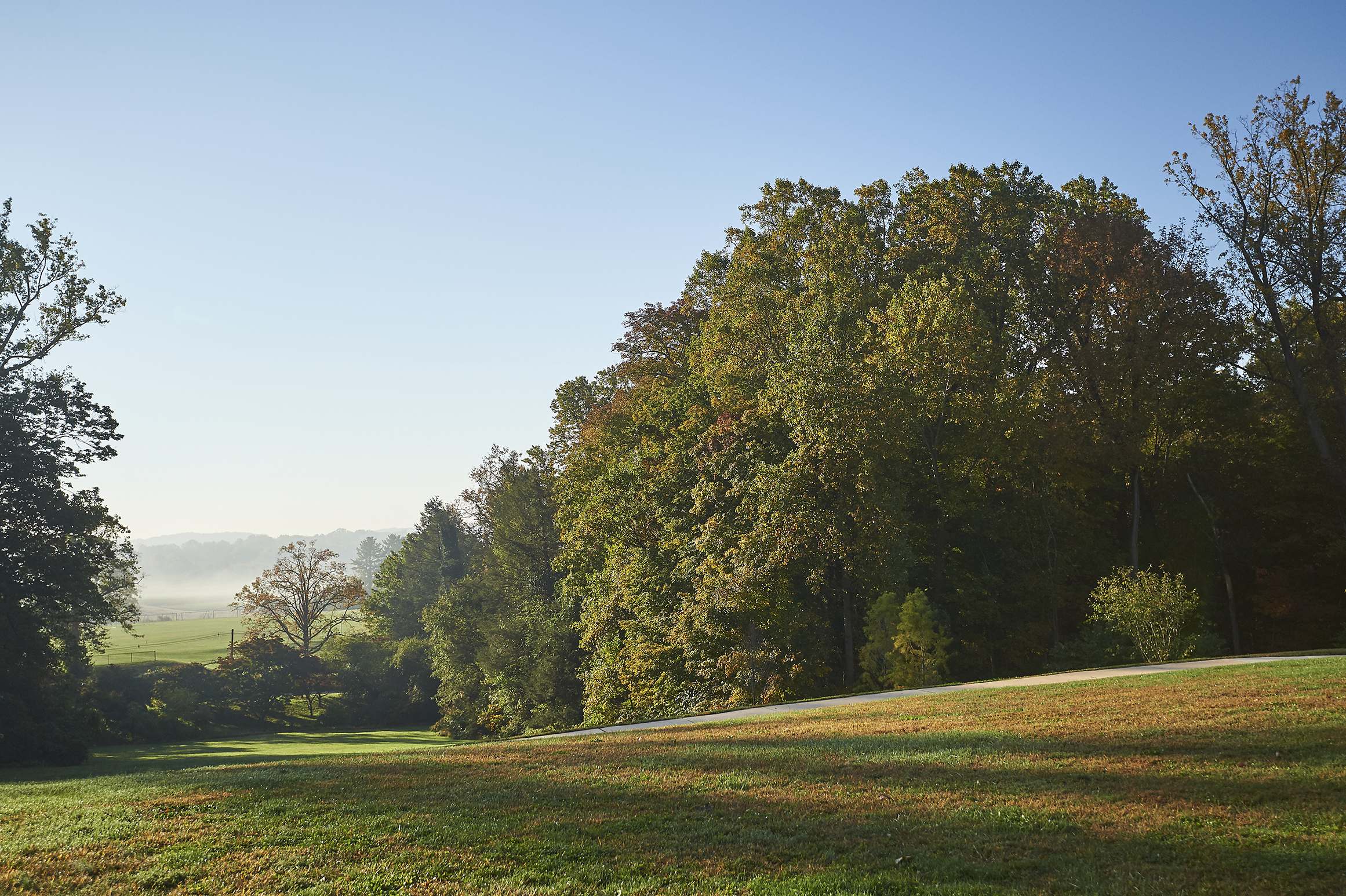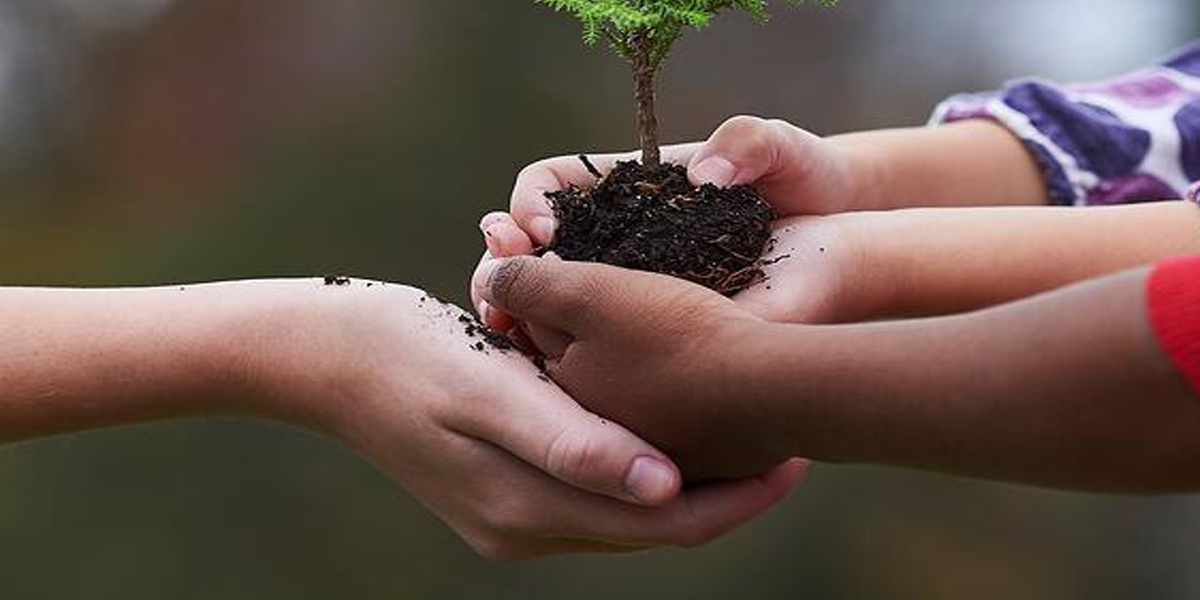When I was in middle and high school, I was often the only black student or student of color in the classroom. I lived in Vermont and, at the time, it was the whitest state in the nation. At age 11 I had moved from Philadelphia with my family. I knew that in other regions of the country it was very different racially, but my reality as a pre-teen and teen in Vermont was often isolating as a black person. I was always the only one in the room. When a racist incident would happen towards me, I would feel even more isolated because my friends —who were also white— didn’t understand that what they said or did hurt me. Sometimes I would be in shock and wouldn’t know what to say. Sometimes when I found the courage to confront them my attempts to explain and educate them didn’t always go well. They would explain it away or say that’s not what they meant. They would say things like, “We don’t see you as black,” or “You aren’t like other black people.” This was not only infuriating but also would invalidate my feelings and experiences as a young black woman. I found that more and more that I didn't want to talk with them about race, and could only find solace at home with my parents and younger brothers. In the comfort of my home, I could breathe easier because I didn’t have to explain myself or ask for validation.

Marissa Colston
Recent posts by Marissa Colston
2 min read
Why Affinity Spaces Give Me Life
By Marissa Colston on Feb 24, 2021 11:04:54 AM
Topics: ABAR
5 min read
Tools to Help Us Heal and Take Action
By Marissa Colston on Jun 2, 2020 8:59:00 AM
In response to the violence of systemic racism that we have witnessed these past weeks, I want to offer ways in which all of us can engage in nonviolent action. As a woman of color, I have been re-traumatized by the deaths of George Floyd, Breonna Taylor, and Ahmaud Arbery. I have felt despair and am still working through my own pain and anger at how black and brown lives are not valued or protected. I know I am not alone in these feelings and I want to offer suggestions in ways to heal and take action.
The way in which this kind of violence affects people of color and white people are different and therefore require a different response. Below are suggestions for people of color, for white people, and some that apply to all of us.


